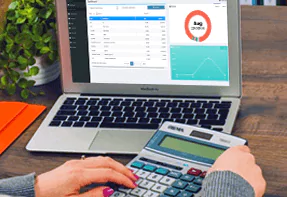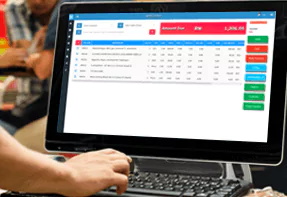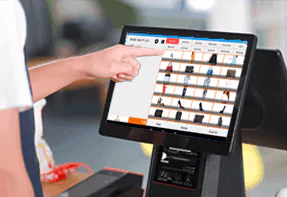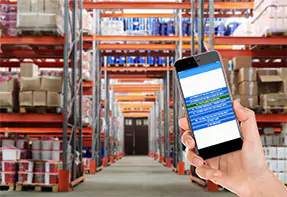What is Cloud Accounting?
Learn more about cloud accounting
1. What is Cloud-based Accounting?
Cloud-based Accounting is a financial management software that resides in the cloud and can be accessed on your devices such as computer or tablet anywhere you are connected to the internet. This means employees or third-party accountants do not need physical access to understand how much money has been made, who owes us what amount for our products/services rendered, and other essential information about company finances. Cloud-based Accounting has all the same functionality as a desktop software but moves your entire process online and extends it with added benefits.
2. How Cloud-based Accounting Works?
The Cloud-based Accounting system allows accountants, controllers, and other relevant parties to receive login credentials for the web browser. The provider may also offer a mobile app that improves upon the phone or tablet user experience with this technology in mind.
An ERP system is crucial for any organization because it keeps all business processes on one central database. This means you can connect modules designed to manage different aspects of an enterprise. For example, payroll, purchase orders, and the inventory value on hand must be recorded in the accounting system as they happen.
3. Benefits of Cloud-based Accounting:
Access your accounts anywhere
Access to real-time information
Access to the app ecosystem
Live bank feeds - link your banking directly
Always working with the latest software version
Secure sharing of your data information
4. Future of Cloud-based Accounting AI & Machine Learning
Artificial Intelligence
AI is an important tool for accounting software. It can help identify mistakes and discrepancies between data and reality. This might signal that something was entered incorrectly or not correctly processed, which could lead to financial losses if left unchecked.
Blockchain
Blockchain is a new technology that can completely change how we do business. It’s an electronic ledger or database that stores all transactions in detail and cannot be altered after it’s posted, unlike other forms of data where changes can occur at any time without notification.
However, with blockchains, every action gets logged into its permanent history making everything transparent while also creating transparency within organizations themselves since anyone who wants access does now know what happened previously on.
Blockchain can also eliminate or reduce the work of maintaining financial records and verification before settlement. When an order is reflected in your ledger, it triggers immediate payment, so you don’t have to spend time collecting. Blockchain and AI could even make it possible to audit every single transaction automatically.
App integration
Cloud-based software has made it possible for just about any application to be available on demand. This includes niche needs and complementary systems like inventory management or payroll/CRM.








